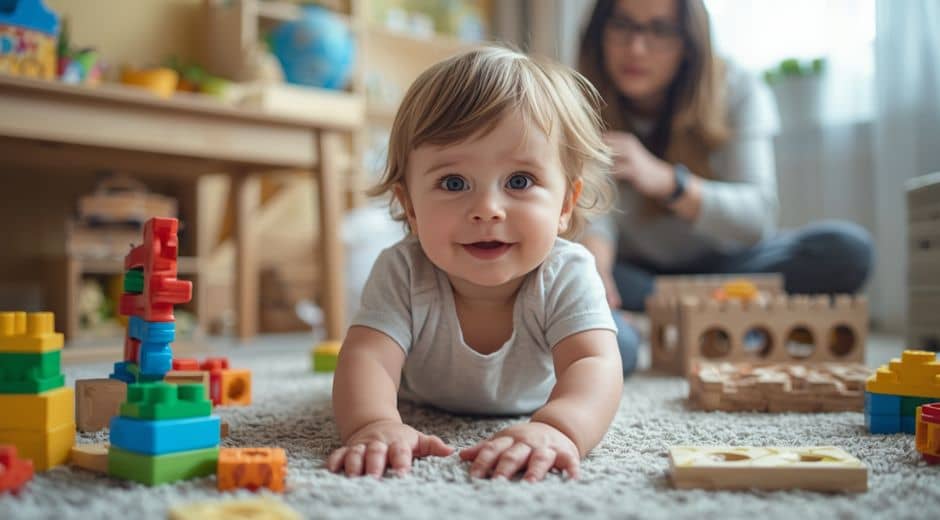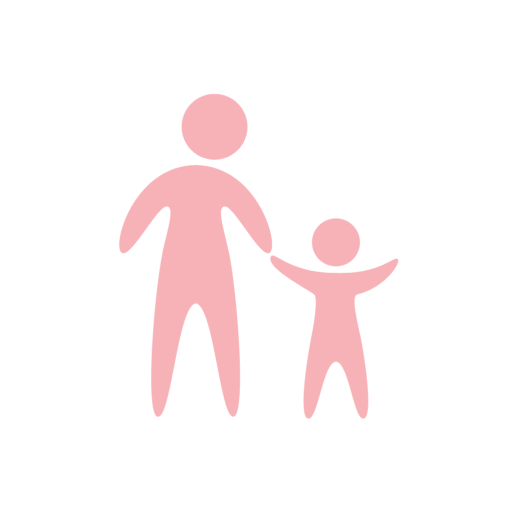Boosting Early Cognitive Development: Activities for Toddlers
Boosting Early Cognitive Development: Activities for Toddlers
Early childhood is a critical period for brain growth, and parents play a pivotal role in shaping their child’s cognitive abilities. Simple, everyday interactions can have a profound impact on learning, memory, and problem-solving skills. Boosting early cognitive development is not about complex lessons or structured schooling; it’s about creating engaging, playful, and meaningful experiences that stimulate a toddler’s curiosity.
Research shows that children exposed to varied sensory experiences, interactive play, and age-appropriate challenges develop stronger cognitive foundations. Parents who focus on Boosting skills such as attention, memory, and reasoning help prepare their toddlers for future learning and social success.
Interactive Play: The Core of Learning
Play is the natural language of childhood, and it offers endless opportunities for Boosting cognitive development. Activities like stacking blocks, sorting shapes, and interactive puzzles encourage problem-solving and fine motor skills. Even simple games like “hide and seek” promote spatial awareness and memory.
Using objects from daily life, such as kitchen utensils or household items, toddlers can experiment, explore, and learn cause-and-effect relationships. Resources like Parents provide creative ideas for games and activities that make learning both fun and educational. By intentionally incorporating play into everyday routines, parents support Boosting creativity and critical thinking.
Language and Communication
Language development is a key aspect of early cognition. Reading aloud, storytelling, and engaging in conversations — even with toddlers who are just beginning to speak — can dramatically improve vocabulary and comprehension. Simple techniques, such as naming objects, asking questions, and describing actions, help toddlers make connections between words and concepts.
Songs, rhymes, and chants are also effective tools for Boosting memory and auditory skills. Parents can introduce new words in context, encouraging toddlers to imitate, repeat, and eventually use language independently. Engaging with language daily nurtures both cognitive and social development, laying the foundation for lifelong learning.
Physical Activities That Stimulate the Brain
Physical movement isn’t just about fitness; it’s also essential for brain development. Activities that involve running, jumping, or climbing help toddlers develop coordination, balance, and motor planning, all of which contribute to cognitive growth. Even indoor exercises like obstacle courses or dance routines can enhance focus, sequencing, and problem-solving skills.
Structured physical activities, such as throwing a ball or practicing simple sports drills, are excellent for Boosting attention and strategic thinking. Websites like SportsoulPulse offer age-appropriate exercises and tips for parents to integrate movement-based learning into daily life.
Sensory Play and Exploration
Engaging the senses is crucial for Boosting a toddler’s brain development. Activities involving textures, smells, sounds, and visual stimuli encourage curiosity and observation skills. Sensory bins with rice, sand, or water provide hands-on learning experiences, while nature walks introduce new sights, sounds, and smells.
Exploring textures through playdough, finger painting, or tactile games stimulates neural pathways, enhancing memory, creativity, and problem-solving. Sensory experiences can be as simple as comparing soft and rough objects or listening to different musical instruments. These small, intentional activities contribute significantly to Boosting early cognitive skills.
Creative Arts and Music
Music, art, and imaginative play are powerful tools for cognitive growth. Drawing, coloring, and simple crafts encourage fine motor skills, focus, and sequential thinking. Singing, clapping, and playing rhythm games help toddlers recognize patterns, develop memory, and learn timing — essential components of cognitive development.
Parents can set aside short daily sessions for creative activities that foster problem-solving and experimentation. These experiences are particularly effective for Boosting creativity and abstract thinking, as they encourage toddlers to explore ideas and express themselves freely.
Structured Learning with Flexibility
While unstructured play is crucial, short, guided learning sessions can also support cognitive growth. Age-appropriate puzzles, matching games, and counting exercises introduce toddlers to logical reasoning, pattern recognition, and basic numeracy. It’s important to keep activities playful and pressure-free, maintaining curiosity rather than stress.
By thoughtfully integrating structured learning, parents contribute to Boosting attention span, persistence, and critical thinking. Each successful task reinforces confidence, motivation, and a sense of accomplishment, essential for lifelong learning.
Daily Routines as Learning Opportunities
Everyday routines, from mealtime to bedtime, can be leveraged for cognitive development. Simple questions like “Can you find the red spoon?” or “What comes next?” help toddlers practice observation, sequencing, and decision-making. Even chores like sorting laundry or setting the table can serve as opportunities for Boosting problem-solving and logical thinking.
Incorporating cognitive challenges into daily life ensures learning becomes a natural part of a toddler’s environment rather than a separate task. This approach nurtures curiosity, independence, and creativity from an early age.
The Role of Parent-Child Interaction
Parent involvement is essential for Boosting early cognitive skills. Responsive interactions, encouragement, and shared playtime strengthen the parent-child bond while promoting learning. Praise, gentle guidance, and active participation in activities enhance both social and cognitive development.
Consistent engagement ensures that toddlers feel supported, understood, and motivated to explore. By observing their child’s interests and strengths, parents can tailor activities to maximize learning outcomes. This personalized approach is key to effective Boosting of early cognitive development.
Conclusion: Building Foundations for Lifelong Learning
Early childhood is a remarkable period for brain growth, and intentional experiences can make a lasting impact. Through play, language, movement, sensory exploration, creativity, and routine engagement, parents are actively Boosting their child’s cognitive abilities.
By integrating these strategies into daily life, families nurture curiosity, problem-solving, and creativity, preparing toddlers for future academic and social success. At CoolParentingTips , we emphasize practical, engaging ways for parents to support their child’s early learning journey, ensuring that every playful interaction contributes to Boosting their potential and fostering a love of discovery.
Learn Bond Bloom

Emotional Literacy and Raising Self Aware Kids
Emotional Literacy and Raising Self Aware Kids

Holiday Harmony Tips for Family Gatherings
Holiday Harmony Tips for Family Gatherings

Focus Practice Games That Feel Like Play
Focus Practice Games That Feel Like Play

Growth Mindset Phrases for Everyday Challenges
Growth Mindset Phrases for Everyday Challenges













